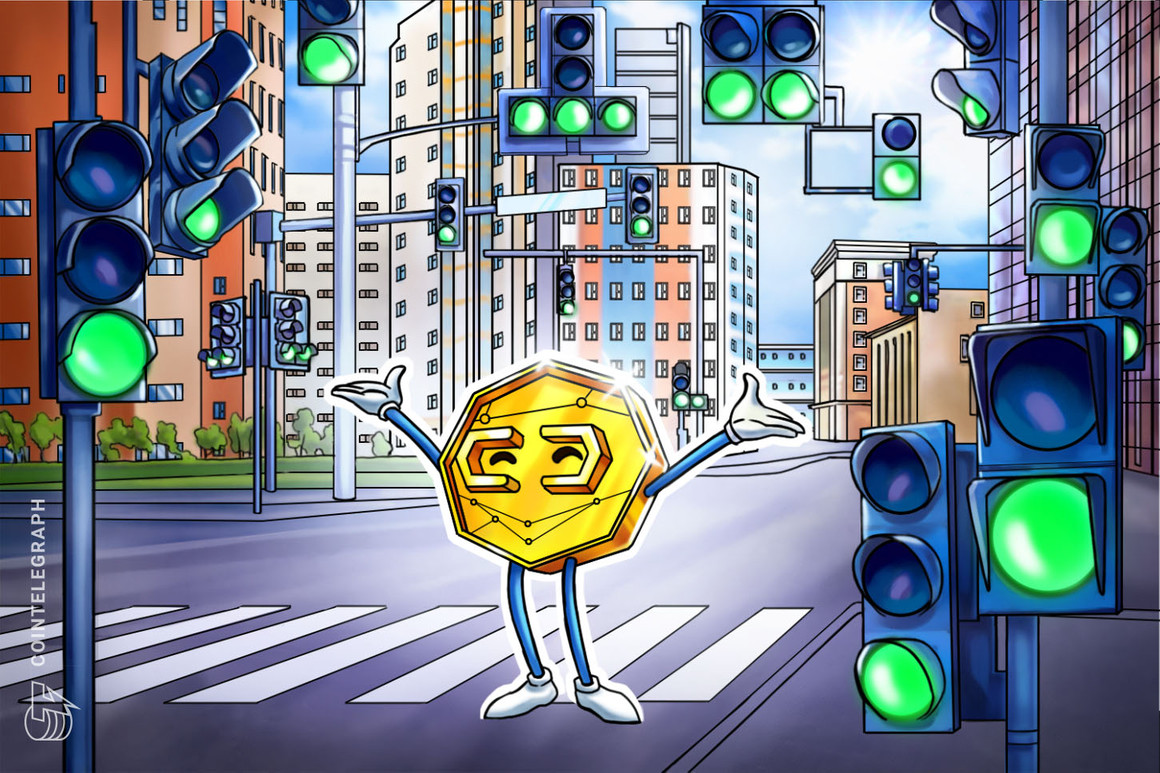A small light of progress shines from Andorra, a tiny European country nestled between France and Spain. The country’s government, the General Council of Andorra, recently approved the Digital Assets Act, a regulatory framework for digital currencies and blockchain technology.
The act is split into two parts. The first regards the creation of digital money, or “programmable digital sovereign money,” which can be exchanged in a closed system. In effect, this would allow the Andorran state to create its own token.
The second half of the act refers to digital assets as financial instruments and intends to create an environment in which blockchain and distributed ledger technologies can be regulated. For Paul (who withheld his surname), CEO of local Bitcoin business 21Million, the new law could attract new business. He told Cointelegraph:
“The outcome they’re trying to achieve is to actually attract new businesses to locate in the country by offering some legal clarification making it easier and more transparent. They see this as a way to attract talents and entrepreneurs to the new economy.”
Note that cryptocurrencies and digital currencies are not legal tender in Andorra, and the Digital Assets Act makes no proposals surrounding means of exchange. That privilege is exclusively reserved for the preferred currency of the European Central Bank, the euro. It hasn’t stopped Paul, an avid Bitcoiner, from making the case for Bitcoin (BTC) adoption in Andorra:
I’ve been working on this one for a while but I’ve finally decided to share it ! Here’s the case I make for a bitcoin adoption in Andorra ! https://t.co/xHxl78YChO
— Paul ADW (@PaulADW) July 14, 2022
In a blog post, Paul highlighted that Andorra could adopt a Bitcoin standard, mining Bitcoin with renewable energy, taking on Bitcoin as a reserve asset, and welcoming Bitcoin-centric companies from all around the world.
National newspaper Diari d’Andorra reported that the Digital Assets Act is a step toward “making cryptocurrencies a day-to-day reality.” From a business perspective, Paul said that the level of “crypto-friendliness” depends on the activity.
“I have a friend who runs a mining operation here — no problem —and electricity is cheap. If you do financial consulting, then the same: pretty friendly with a low tax rate. If you wanted to run an exchange, it could be a bit hard to find a bank that works with you; the government itself wouldn’t mind.”
In an interview in May, Andorran Minister of Economy and Enterprise Jordi Gallardo mentioned that blockchain was one of the top areas of investment for the tiny country. However, it is not clear if the minister referred to Bitcoin (the world’s foremost blockchain) or research into distributed ledger technologies that underpin blockchains.

Josselin Tonnellier, co-founder of StackinSat, told Cointelegraph that there is confusion regarding crypto, blockchain, nonfungible tokens and Bitcoin. StackinSat hosts a major European Bitcoin conference, Surfin’ Bitcoin, in Biarritz, France just outside Andorra where the group’s headquarters are also located.
Paul, who is a regular attendee of Surfin’ Bitcoin, confirms that in Andorra, the sentiment and confusion remain similar: “The regulator doesn’t make a differentiation between ‘crypto’ and Bitcoin. They haven’t been ‘orange-pilled’ yet.” To take the orange pill is Bitcoin parlance for when a novice to Bitcoin begins to understand the principles of the seminal cryptocurrency.
If you like surfing and Bitcoin, we have the perfect event for you : @SurfinBitcoin pic.twitter.com/zGHrhZIie6
— Joss Tonn (@Joss_do_it_BTC) June 18, 2022
Tonnellier emphasized that awareness of digital currencies and technologies is on the rise, but there’s a risk of scams and losses without the right educational tools or frameworks in place:
“According…
Read More: cointelegraph.com









 Bitcoin
Bitcoin  Ethereum
Ethereum  XRP
XRP  Tether
Tether  Solana
Solana  Dogecoin
Dogecoin  USDC
USDC  Cardano
Cardano  Lido Staked Ether
Lido Staked Ether  TRON
TRON  Avalanche
Avalanche  Sui
Sui  Wrapped stETH
Wrapped stETH  Chainlink
Chainlink  Toncoin
Toncoin  Shiba Inu
Shiba Inu  Stellar
Stellar  Wrapped Bitcoin
Wrapped Bitcoin  Hedera
Hedera  Polkadot
Polkadot  WETH
WETH  Bitcoin Cash
Bitcoin Cash  Uniswap
Uniswap  Pepe
Pepe  Hyperliquid
Hyperliquid  Litecoin
Litecoin  LEO Token
LEO Token  Wrapped eETH
Wrapped eETH  NEAR Protocol
NEAR Protocol  Internet Computer
Internet Computer  Ethena USDe
Ethena USDe  USDS
USDS  Aptos
Aptos  Aave
Aave  Render
Render  Mantle
Mantle  Bittensor
Bittensor  POL (ex-MATIC)
POL (ex-MATIC)  Cronos
Cronos  Ethereum Classic
Ethereum Classic  Artificial Superintelligence Alliance
Artificial Superintelligence Alliance  Virtuals Protocol
Virtuals Protocol  WhiteBIT Coin
WhiteBIT Coin  Arbitrum
Arbitrum  MANTRA
MANTRA  Monero
Monero  Tokenize Xchange
Tokenize Xchange